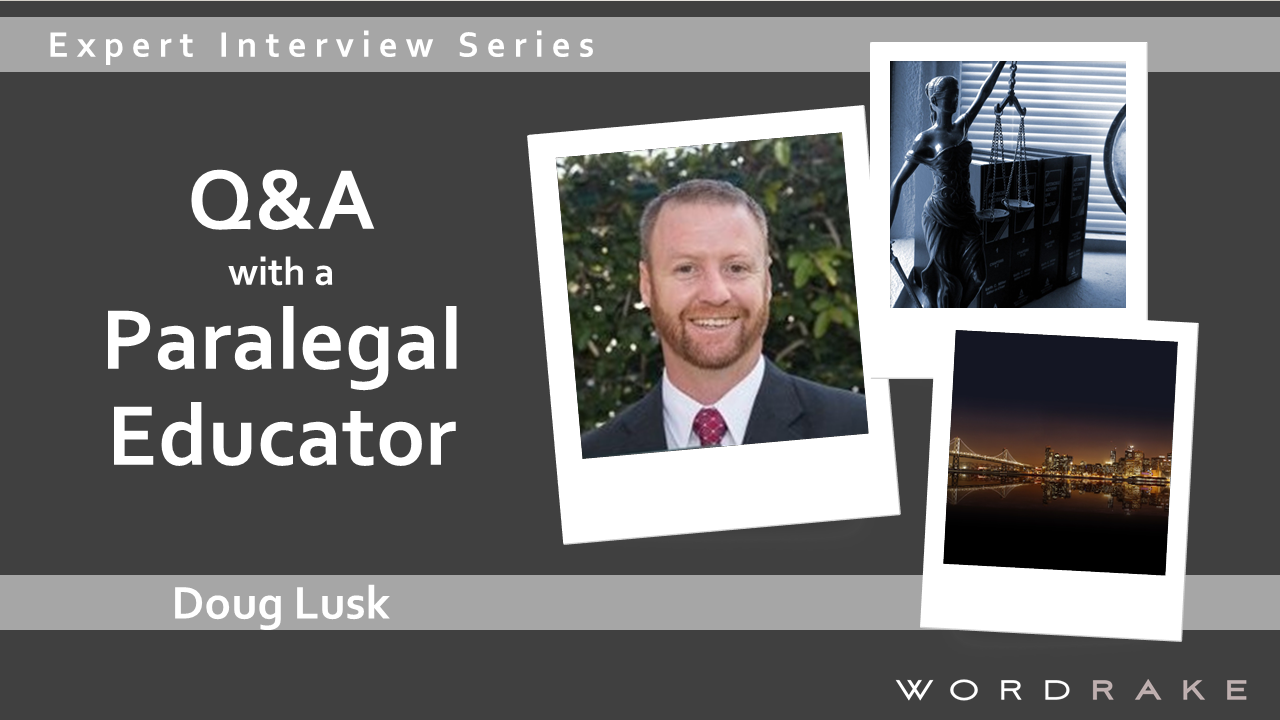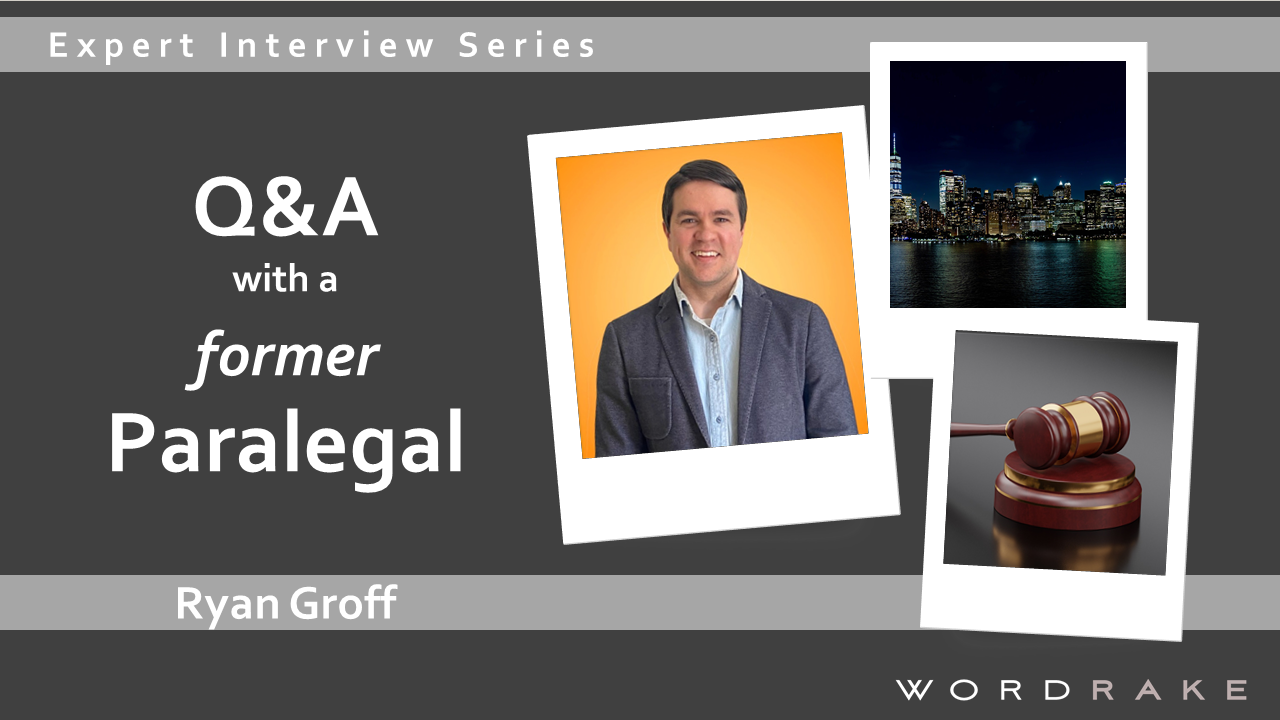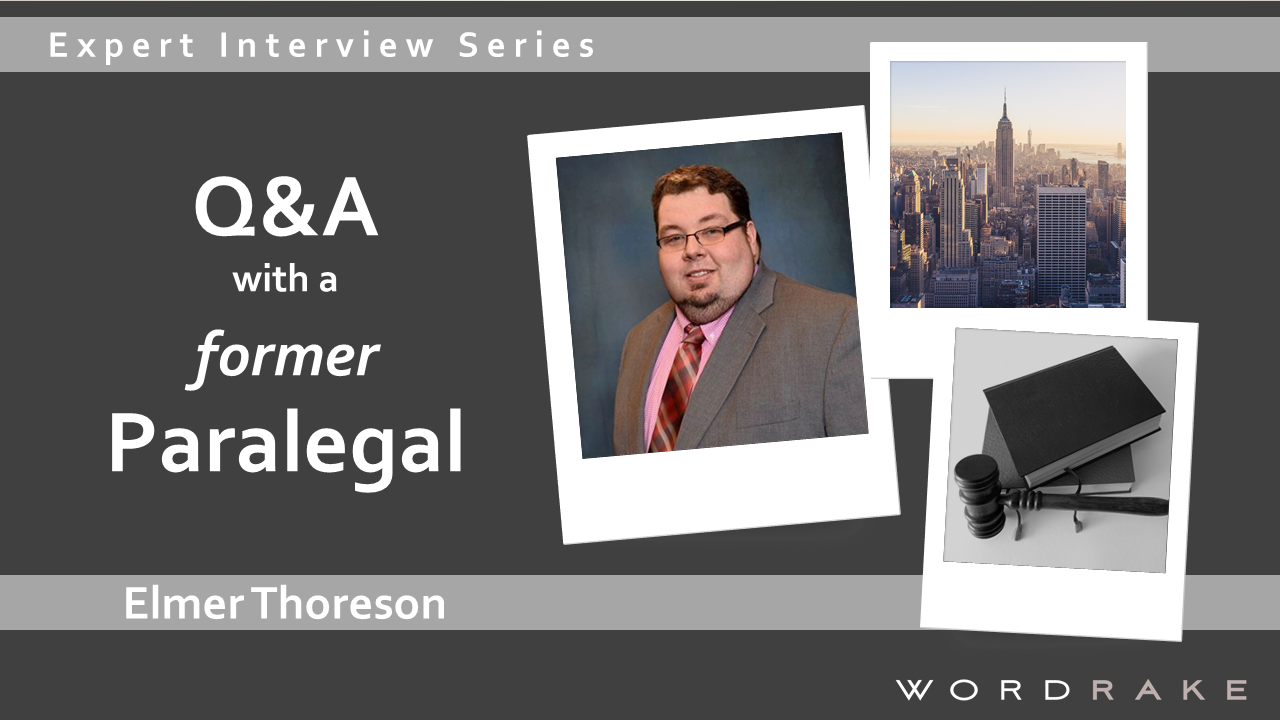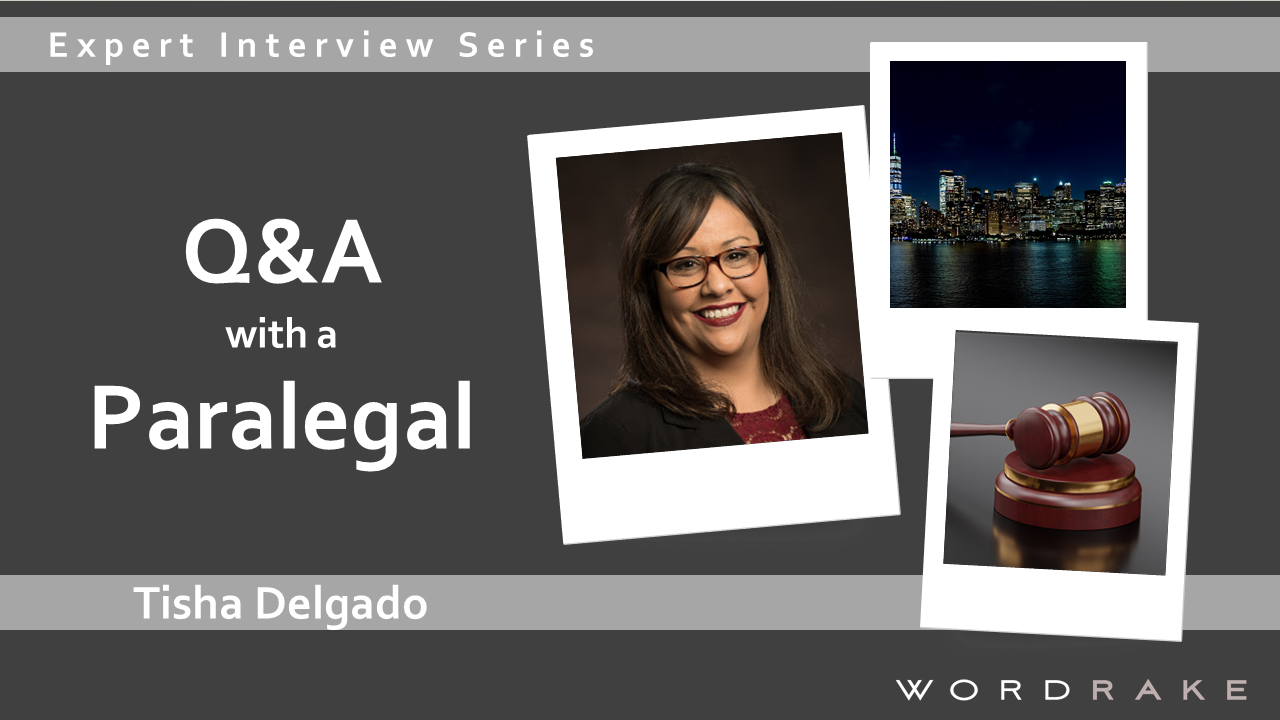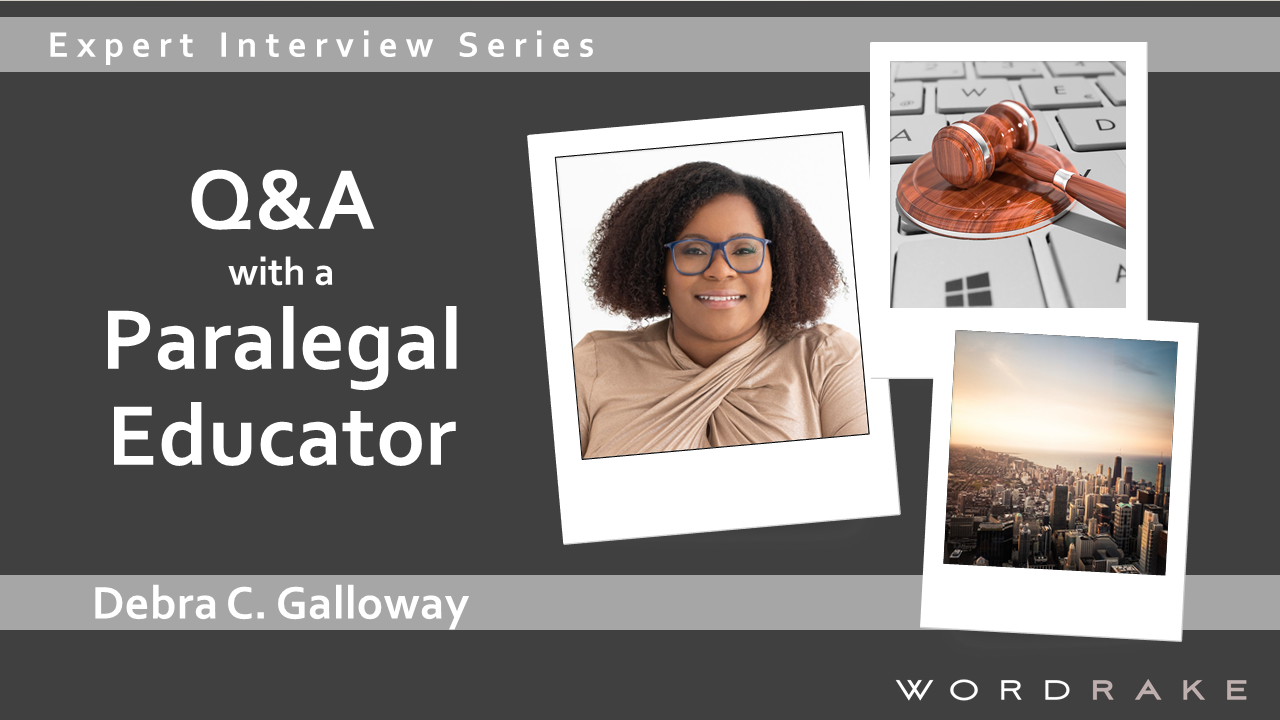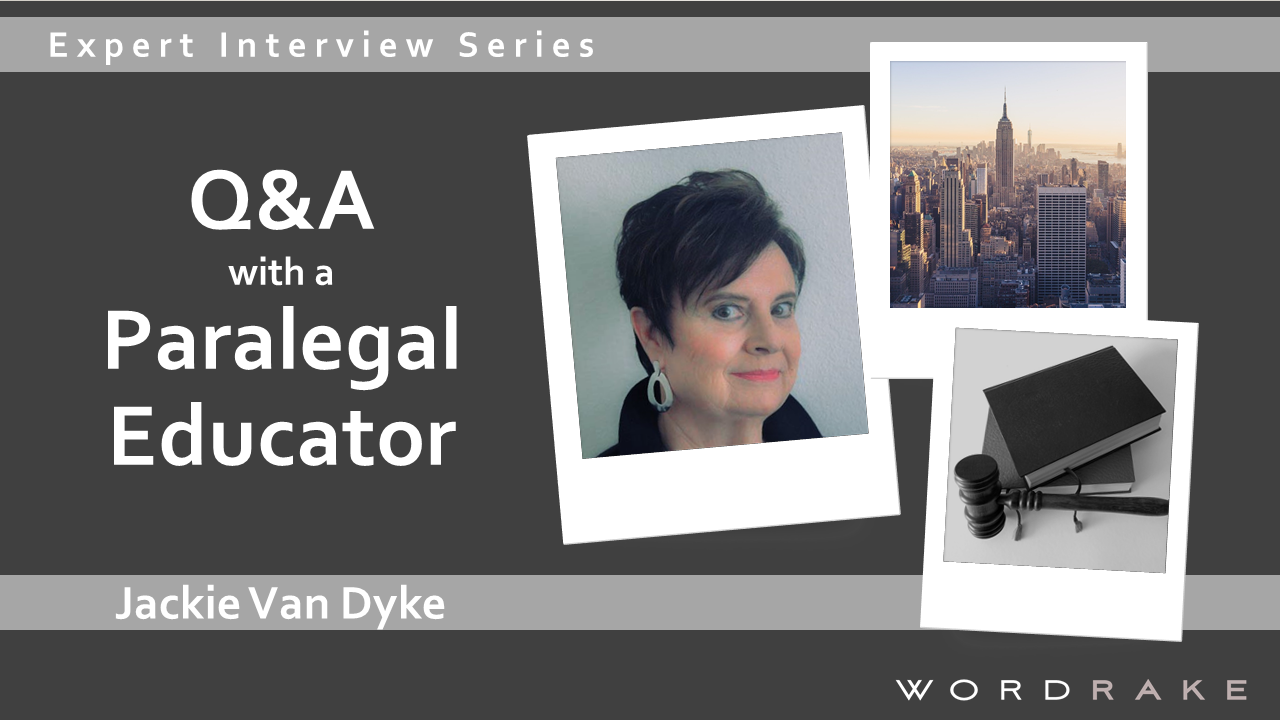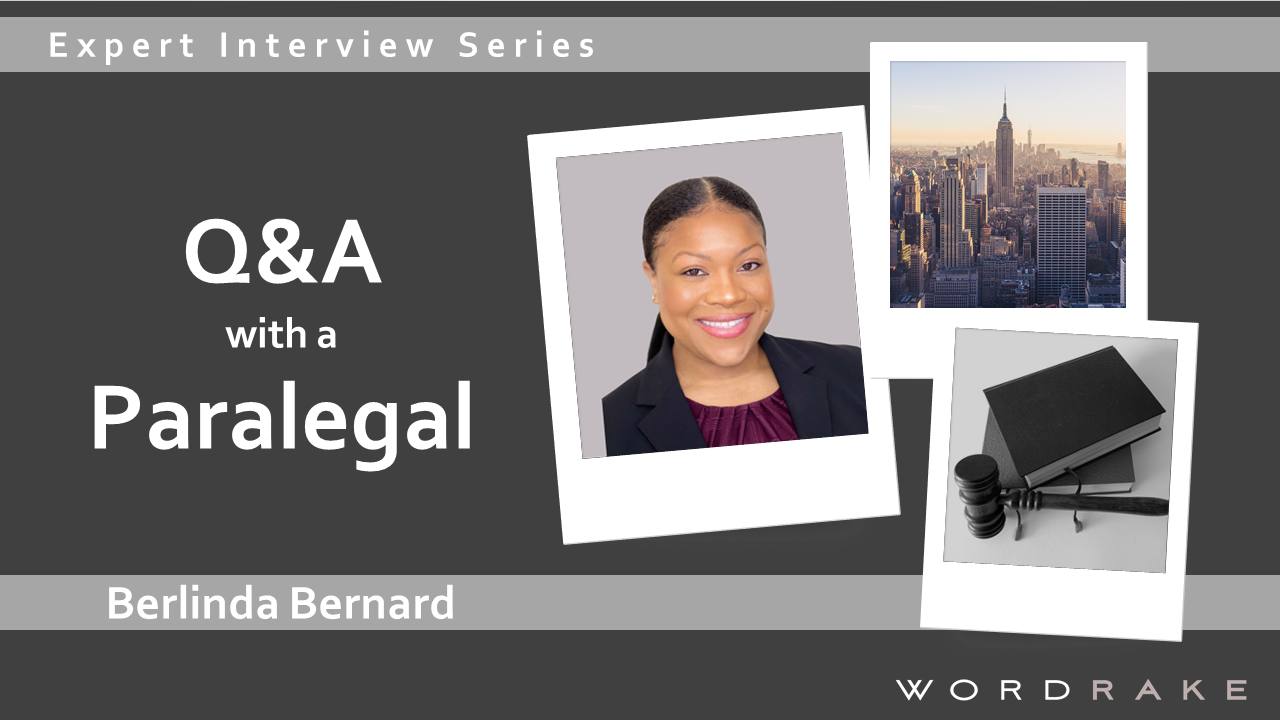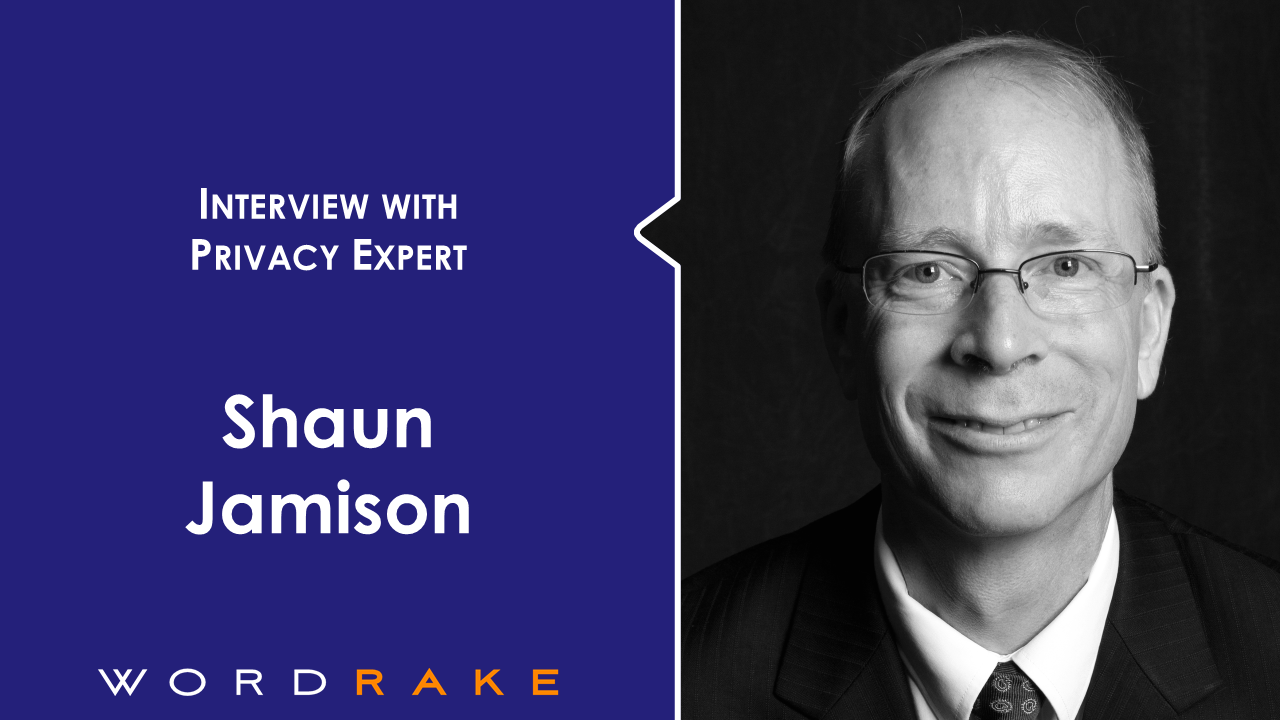The most efficient legal service team combines the complementary strengths of its members. While lawyers may understand the “why” of the work, paralegals understand the “how.” And, together, they meet client needs.
Continue readingIt’s time to re-imagine law firms and legal work. Consider a world where paralegals can hold ownership interests in firms, represent clients, and do substantive legal work. Though regulators in the United States are just now exploring these options, it’s a reality in Ontario, Canada. Recently, paralegal Melanie Henriques became a partner in her firm. In this interview, Melanie discusses her path to partnership and how paralegals can help law firms provide cost-effective legal services to clients who would otherwise go unrepresented.
Continue readingThough paralegals often help with document-creation tasks, they are not merely typists. Paralegals have a deep understanding of a firm’s workflows and, if given the opportunity and respect, can modernize and maintain the firm’s knowledge base. In this insightful interview with paralegal-turned-lawyer-and-legal-technologist Ryan Groff, he explains how paralegals can help firms reach new heights of productivity and efficiency through technology.
Continue readingContrary to what many lawyers believe, paralegal work is not synonymous with clerical work. A well-trained paralegal can draft documents, investigate claims, engage with clients, and more. Each of these skills is high value for any law firm, and these are the types of skills Keith Shannon teaches in the Paralegal Technology Department at Central Piedmont Community College. In this interview, Keith explains how he moved from practicing law to teaching paralegals and the types of challenges he trains the paralegals in his program to meet.
Continue readingParalegals are essential but often-overlooked members of legal services teams. Because of the hierarchical nature of the legal profession, many people refuse to see how much value paralegals can contribute to a firm. That’s a mistake. In this interview with paralegal-turned-lawyer Elmer Thoreson, he uses his experiences from both roles to challenge the hierarchy. Learn from Elmer as he reveals the many ways paralegals can contribute to an effective, efficient, innovative legal practice that clients will love.
Continue readingParalegals are essential to the legal practice because they have a practical understanding of how to complete each piece of the legal process and how each piece connects. All legal professionals can obtain better outcomes by working together and drawing on the unique skills each person brings to the team. In this interview, veteran paralegal Tisha Delgado, ACP® explains how lawyers can better work with paralegals and leverage their technical know-how for success. Read on to learn how the right combination of software, technology, and planning will enable a paralegal to work efficiently, which helps the law firm thrive.
Continue reading“Paralegals hold a significant and invaluable position, offering skills and performing job duties that are indispensable,” says paralegal educator Debra C. Galloway. Seeing the value that paralegals bring to legal work, Debra was called to teach paralegals. She has been a paralegal educator at Midlands Technical College for seven years.
Continue readingParalegals are key players in law firms and can set the tone for clients. They’re often the first voice or the first face that a client encounters when seeking legal advice. With formal training, paralegals are better prepared to take on that important role. In this interview with certified paralegal and professor of paralegal studies Jackie Van Dyke, she explains the value of training and shines a light on the essential skills paralegals bring to the table.
What is your role and how did you get to where you are today?
I am a certified paralegal, professor of paralegal studies, and the owner and legal writing coach at The Paralegal Writer™ (www.theparalegalwriter.com). I offer writing courses to the paralegal community with a focus on helping paralegals pass the NALA Skills Exam. I am honored to have the opportunity to teach at both my alma maters and to write for numerous paralegal publications. I also appreciate the honor of currently serving on the Continuing Education Council and Paralegal Educators/School Relations Committee for NALA.
Continue readingEffective communication with clients is required for success as a legal professional. In this enlightening interview, paralegal Berlinda Bernard debunks some myths about paralegals, what paralegals do, and how writing skills are fundamental to her work.
Continue readingMany privacy professionals will persuade by drawing on the fear that private information may be disclosed, but Shaun takes a different approach: He draws interesting distinctions between similar topics and asks questions that will make you think twice.
Continue reading